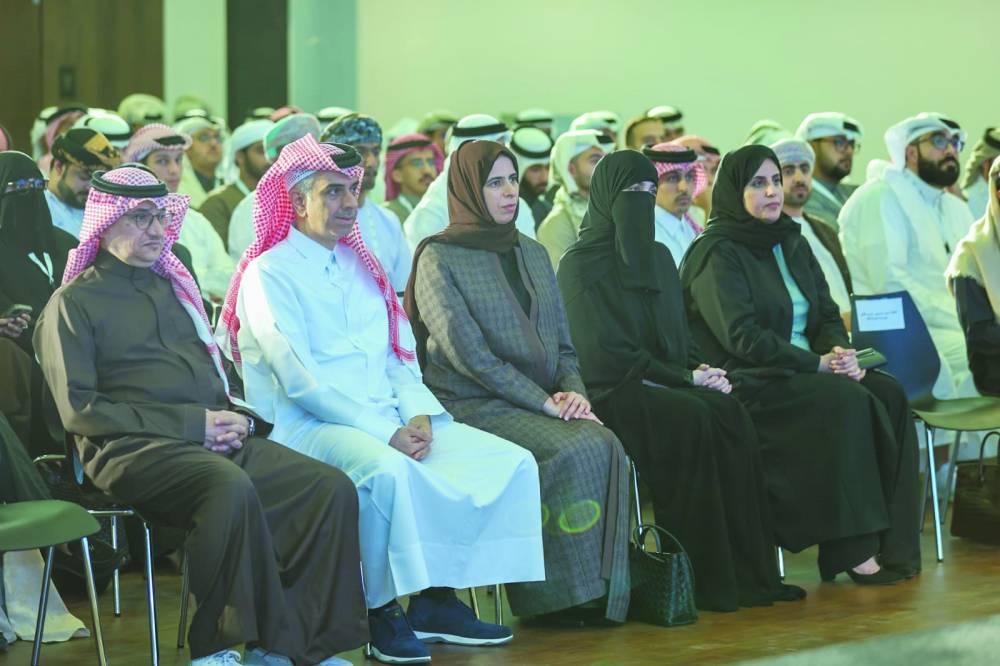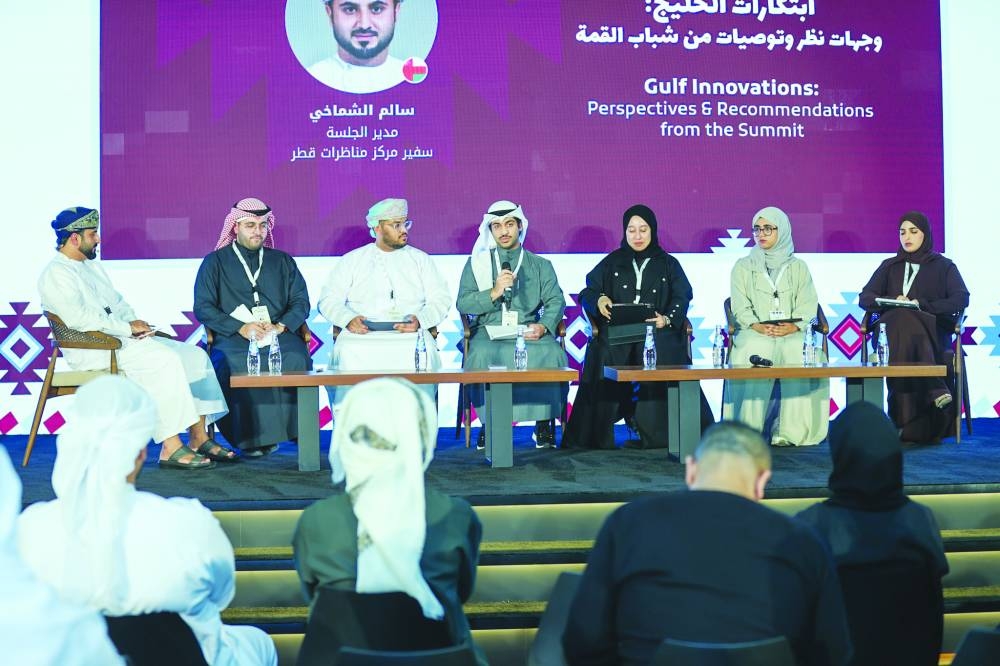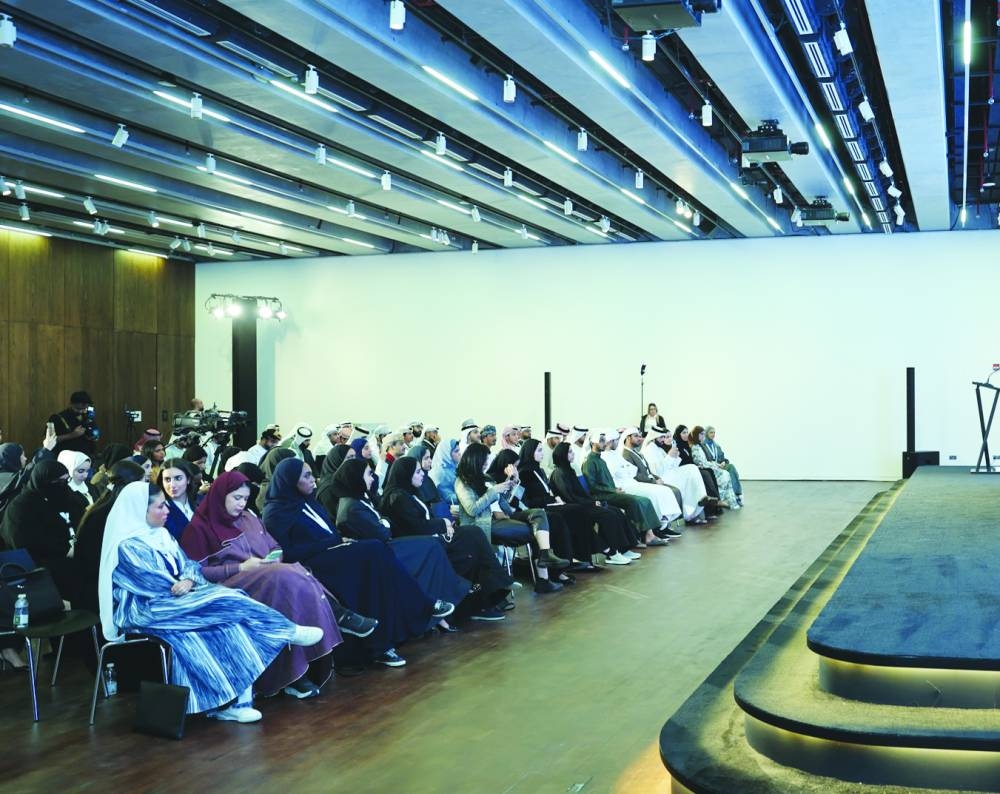The QatarDebate Centre, founded by Qatar Foundation, has successfully concluded the GCC Youth Summit 2025.
Held under the theme *Dialogue and Visions, the summit featured two days of discussions about groundbreaking ideas, focused on the future of the Gulf region and the pivotal role of youth in advancing various industries.
Organised in collaboration with the Ministry of Sports and Youth of Qatar, the strategic partner, and Msheireb Museums, the logistical partner, the event took place at Bin Jelmood House in Msheireb Downtown Doha.
The summit provided a vibrant and interactive platform for youth and experts from across the Gulf to present their visions, exchange ideas, and formulate constructive recommendations for the future of the region.
The summit’s closing session was attended by HE the Minister of Education and Higher Education Lolwah bint Rashid bin Mohammed al-Khater, Ministry of Sports and Youth Undersecretary Yasser bin Abdullah bin Ahmed al-Jamal, and decision-makers from across GCC countries, along with members of the QatarDebate Centre, led by executive director Dr Hayat Abdullah Marafi.
During the closing session, titled “Our Cultural Identity in the Digital Age: Bridging Media Diversity and Cultural Heritage in Production”, participants explored the role of initiatives in the GCC to produce visual and written cultural content.
They highlighted the integration of technological advancements in the process while focusing on preserving Gulf identity through the promotion of linguistic heritage and regional cultural production.
The session brought together Kuwaiti content creator and host of Atheer, Habka Saad AlQahtani, Saudi founder and creative director of Mauzoun Layan Abdul Shakoor, and Fatma al-Remaihi, chief executive of the Doha Film Institute (DFI).
Al-Jamal emphasised the ministry’s commitment to youth development, stating: “At the Ministry of Sports and Youth, we believe that young people are the pillar of sustainable development.”
“Therefore, we strive to provide an environment that enables youth to achieve their ambitions and develop their skills,” he said.
Key recommendations from the summit, developed by the participants, emphasised the development of policies in several key areas.
These included the preservation of cultural heritage, supporting sustainability efforts, addressing climate challenges, developing the Gulf technology sector, and diversifying the economy away from reliance on oil.
Other focal points included leveraging the Gulf’s political legacy and its international policy paths, and enhancing the region’s healthcare system to meet the needs of its societies.
“Gulf youth are the force driving significant societal transformations today,” said Dr Marafi. “In a rapidly changing world, the youth of the region are not only facing significant challenges but also creating innovative solutions that impact both their societies and the global community.”

HE Lolwah bint Rashid bin Mohammed al-Khater along with other officials at the event. (Supplied picture)

A panel discussion at the summit PICTURES: Ram Chand

A section of the audience.
